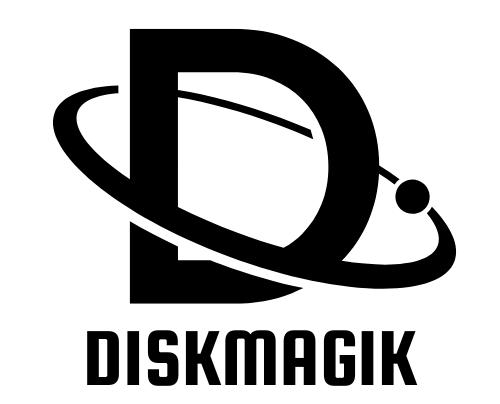What Is content://cz.mobilesoft.appblock.fileprovider/cache/blank.html?

Ever noticed a strange-looking address like:
lessCopyEditcontent://cz.mobilesoft.appblock.fileprovider/cache/blank.html
popping up on your phone or in an app’s logs? It might look technical (and maybe even a little suspicious), but it’s actually nothing to panic about. This isn’t a virus, a hacker’s tool, or anything shady. It’s simply part of how certain Android apps — like AppBlock — quietly do their job.
In this case, it’s just a temporary blank web page the app uses when blocking distracting websites, helping you stay focused without breaking your browsing experience.
What Is a Content URI in Android?
A content URI is like a special address Android uses to safely give apps access to files.
They usually look like this:
lessCopyEditcontent://authority/path/id
For example:
- content:// → the prefix that tells Android it’s using a content provider
- cz.mobilesoft.appblock.fileprovider → the unique ID for the AppBlock app
- /cache/blank.html → the location of a temporary file (in this case, a blank web page)
Android uses this method so apps can share files securely without showing the real file path.
What Is AppBlock?
AppBlock is an Android app made by MobileSoft. It helps people stay focused by blocking certain apps and websites.
It’s often used by:
- Students
- Professionals
- Parents
Main features include:
- Scheduling when certain apps/websites are blocked
- “Focus mode” to lock distractions
- Blocking by location or Wi-Fi network
- Usage stats and daily limits
- Parental controls
Also Read: DemainMail: The Future of Smart Email Communication
Why Does AppBlock Use blank.html?
When AppBlock blocks a website, instead of showing an error, it loads a blank page (blank.html). This helps:
- Avoid distractions
- Stop autoplay videos or trackers from loading
- Keep the browser or web view from crashing
When You Might See This URI
You might notice this string in:
- Blocked website redirects – AppBlock sends you to a blank page instead of the real site.
- App preloading – The app might prepare a blank page in the background.
- Logs or crash reports – Developers see it while debugging.
Is This a Privacy Risk?
For this specific case — no.
Here’s why:
- The file is temporary (cache) and gets deleted automatically
- AppBlock is a trusted, widely used app
- Other apps can’t open this file without permission
Important: If you only install apps from the Google Play Store, this is normal and safe.
About FileProvider
Android has a system called FileProvider. It:
- Hides real file paths from other apps
- Gives temporary, secure access when needed
- Keeps each app’s files private
If You’re a Developer
Using a blank HTML file like this is a common, safe method for blocking content in Android apps.
Best practices:
- Keep it temporary
- Use FileProvider for security
- Follow Android storage rules
Also Read: Gessolini: Craft, Aesthetic, and Enduring Elegance
If You See It and Aren’t Sure
Here’s a quick check:
- Did you download AppBlock from the Play Store?
- Does it appear only when blocking content?
- No strange errors or suspicious activity?
If yes, it’s fine.
Can You Delete It?
Yes, but you don’t need to.
- Android deletes it automatically when clearing cache or rebooting
- You can also clear AppBlock’s cache in your phone settings
Good Privacy Habits
Even if this file is safe, always:
- Download apps only from trusted stores
- Clear cache regularly
- Check app permissions monthly
- Turn on Google Play Protect
Final Word
content://cz.mobilesoft.appblock.fileprovider/cache/blank.html is not a virus.
It’s a harmless blank page AppBlock uses when blocking distracting websites.
It’s part of how Android keeps files secure and apps working smoothly.
So, if you see this in your logs or while debugging — it’s just the app doing its job quietly in the background.
FAQs
What is it?
A temporary blank HTML page used by AppBlock to block content.
Is it malware?
No. It’s a normal part of the app’s function.
Do I need to delete it?
No. Android will handle it.
Why blank?
To prevent distractions and keep the browsing experience smooth.
Can other apps read it?
No, unless AppBlock specifically allows it.






